10 myths about CBD
min. reading
CBD products have recently become very fashionable. Celebrities talk about them, and the mass media increasingly mention the properties and use of cannabidiol. At the same time, not entirely substantive sources of information can – often unknowingly, spread false information. We present 10 of the most popular myths about CBD that have appeared in the media, on forums, or on websites.
Table of Contents
Myth no. 1: CBD is a panacea
This is one of the most popular myths, especially perpetuated by pushy CBD oil sellers. Neither cannabidiol nor CBD oil are a panacea, as they do not cure all health problems. CBD in the form of oil is a dietary supplement that naturally supports the body, it can be helpful as support for the therapy of various diseases due to its broad holistic effect on the human body. Cannabidiol acts as an antagonist of cannabinoid receptors located in the human body. For this reason, it can regulate many functions and restore balance in the nervous, hormonal, or immune systems. However, it is not a drug in the pharmacological sense and certainly not a panacea.
Myth no. 2: CBD is addictive
Some people using CBD for prophylaxis wonder if they suddenly stop taking the oil, will they feel worse. On the Internet, you can find opinions that CBD is addictive and causes withdrawal effects. Scientific research says something completely different. CBD does not have an addictive or even euphoric effect. Unlike another component of cannabis, known for its intoxicating effect, CBD does not alter a person’s consciousness and does not cause any addiction. In studies on patients addicted to heavy drugs or opiates, CBD helped to break the addiction and alleviated the withdrawal effect.
Myth no. 3: CBD comes from marijuana
Absolutely not, legal CBD oils are based solely on hemp. This results from the law, which allows in Poland and the EU, the possibility of growing only specific hemp crops. Hemp plants that are available in the EU grew from certified Cannabis Sativa seed material, whose genetics were designed in such a way that the concentration of the psychoactive component – THC, did not exceed 0.3%. Therefore, hemp products available in Poland and Europe are not made from Cannabis indica, i.e., marijuana, but industrial hemp. Oil made from THC-rich cannabis can be legally purchased in Poland only with prescription as a pharmaceutical extract from medical marijuana. However, then it is not CBD oil.
Myth no. 4: CBD puts you to sleep
This myth probably comes from the fact that CBD oils are promoted as an anti-stress agent, supporting relaxation and facilitating sleep. This is true, but it does not mean that CBD has a sedative effect. The substance intelligently regulates the nervous system according to the time of day and circadian rhythm. The toning effect on our brain will support focus and concentration during the day and act relaxing and calming before sleep.
Myth no. 5: CBD has no scientific evidence for the action of CBD
Until 2018, research on cannabidiol was difficult to conduct for legal reasons. After the introduction of new regulations, several hundred studies and scientific papers on the effects of CBD on the human and animal body have already appeared. Considering the latest discoveries by researchers on CBD, a beneficial effect on the functioning of the nervous system and mental disorders, regulating the hormonal and immune systems, alleviating inflammation, addictions, pain, and many other more serious diseases have been proven. In many countries, drugs based on cannabidiol are available for patients suffering from multiple sclerosis, epilepsy, glaucoma, and many other diseases. This proves that these substances had to undergo clinical tests and show effectiveness in alleviating these diseases. On the other hand, one must remember that the tradition of medical use of hemp goes back over 3,000 years. Documented cases of treatment with hemp extracts concern all continents, they were included in the first pharmacopoeias.
Myth no. 6: CBD gets you high
If that was the case, no CBD oil would have been allowed to circulate in Poland, because Polish law prohibits the use of psychoactive cannabis ingredients in food and dietary supplements. The myth probably comes from ignorance and attributing properties that THC has to CBD oils. It should be remembered that the law allows only trace amounts of the psychedelic ingredient in hemp extracts, at a level no greater than 0.3%. No oil meeting this requirement has the power to give an intoxicating effect, despite trace amounts of THC. From a scientific point of view, CBD shows a psychoactive effect because it activates receptors in our brain. However, this does not mean that it has a psychotropic effect (i.e., altering consciousness) as tetrahydrocannabinol does.
Myth no. 7: CBD does not work on everyone
The theory that CBD extracts only help some people and not others contradicts the mechanism of action of cannabidiol on the human body. It is associated with the presence in the body of the endocannabinoid system (EKAN), which every mammal has. Through the receptors of this system, CBD affects certain parameters in our body, regulating them. So what could be the reason why the oil works on one person and not on another? First of all, from an improperly selected dose – not always a larger dose is better. Sometimes taking a small dose more often, e.g., 3 times a day, better stimulates the EKAN system and gives better effects. Another reason may be the use of low-quality oils, which do not work the same as toxin-free full-spectrum oils.
Myth no. 8: CBD works more effectively as an isolate
CBD isolate is nothing more than isolated cannabidiol in powder form. CBD oils based on such an isolate have only one active substance. Meanwhile, there are several hundred phyto-compounds from several different groups in hemp inflorescences, such as: cannabinoids, terpenes, flavonoids, or phenols. It has been proven that they show a synergy effect, i.e., when taken together, a person experiences a stronger therapeutic effect than if they took each compound separately. This is related to the mutual interaction of substances and the improvement of their bioavailability. Oils containing the full spectrum of substances contained in hemp, called full spectrum, show the widest and therefore the most effective effect on the human body.
Myth no. 9: CBD is the most valuable component of hemp
Certainly, CBD is one of the two phyto-compounds most abundant in hemp (alongside THC). It also has many valuable properties, but it is by no means more valuable than the rest of the cannabinoids or terpenes. Other compounds available in hemp, such as THC, CBG, CBN, limonene, myrcene, or pinene also have a wide application in phytotherapy and prophylaxis. To date, it is difficult to determine the most valuable substance available in hemp. We do not have knowledge about the exact mechanisms of influencer of CBD and other hemp ingredients. However, it can certainly be said that cannabidiol is the best-studied compound from hemp, for this reason, some may claim that it is the most important compound of this plant.
Myth no. 10: CBD oil is medical marijuana
The name medical marijuana (Eng. medical marijuana) comes from the stereotypical term for hemp, which was invented in the
1950s for the purposes of a propaganda campaign. The idea was to present Indian hemp as a dangerous drug – marijuana. Many decades later, when the world is rediscovering the healing action of hemp, the medical community adapts the term “medical marijuana” for drugs and medicinal extracts based on Indian hemp. Therefore, CBD oil, which is made from fibrous hemp, is not medical marijuana. We will get this in Poland only in pharmacies, on a prescription received from our doctor.
Summary – 10 myths about CBD
After years of prohibition and criminalization of cannabis and hemp, CBD products are becoming more and more popular, mainly due to their numerous health-promoting properties. They are increasingly talked about in the media, but they are also the subject of various conversations. Around the topic of hemp, a lot of myths have appeared, which are somewhat related to the not so recent period of prohibition of the plant and recently – with their growing popularity. The most common myths include confusing the properties of CBD with THC. Both substances occur in the plant in the largest amount, but they have different effects, especially in the area of our consciousness. Cannabis Indica, containing a lot of THC, also called marijuana, is confused with hemp, which do not have intoxicating properties. For this reason, CBD oils are mistakenly referred to as medical marijuana, they are attributed sedative, narcotic, and addictive properties. Other myths concern the action of CBD oils, their supposedly short history of use as a medicine, lack of scientific evidence for their effectiveness, and many others. On the other hand, there are also false opinions that CBD is a cure for everything and works like a panacea.

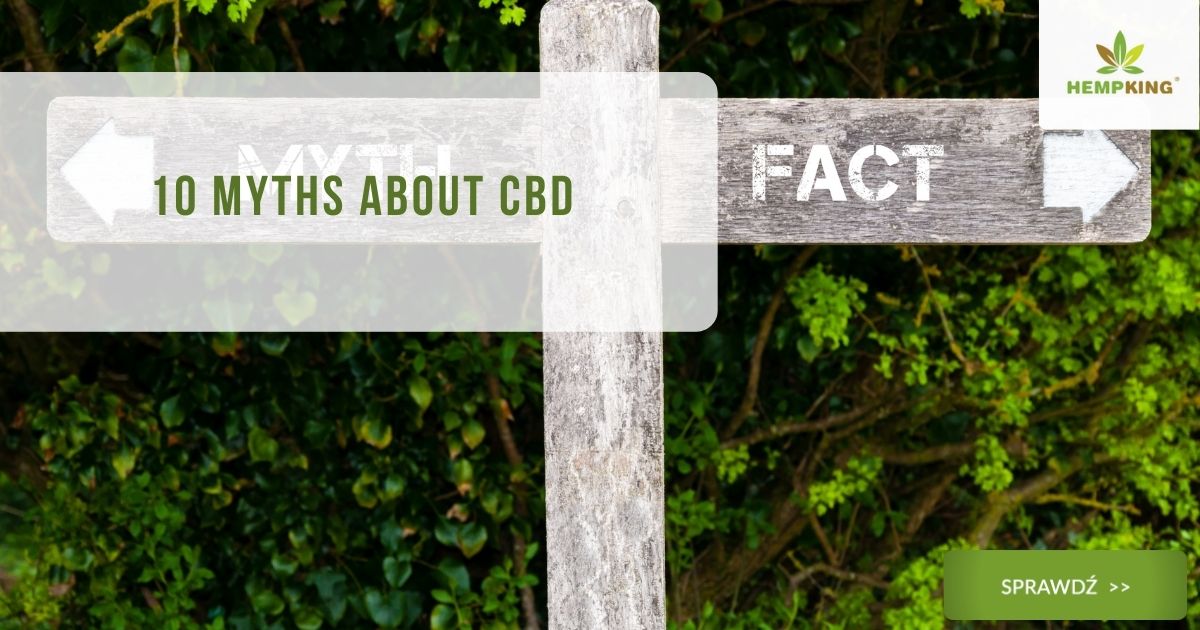
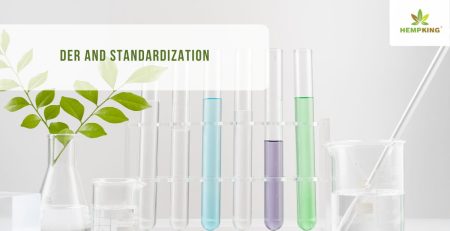
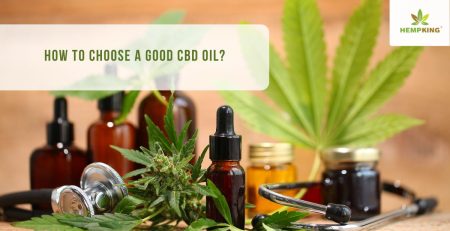
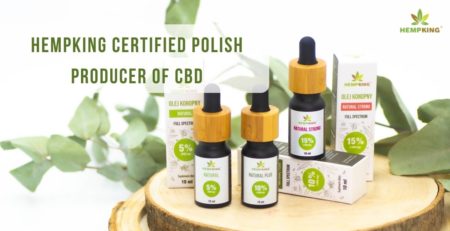
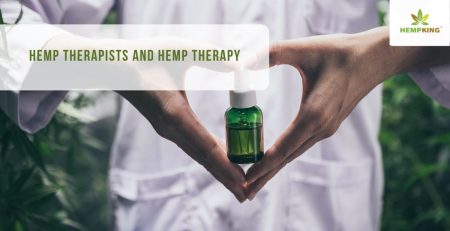
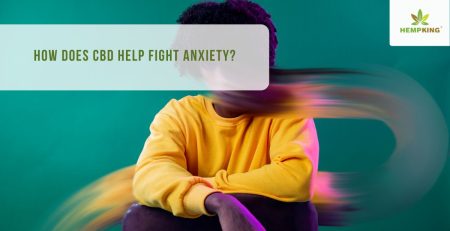



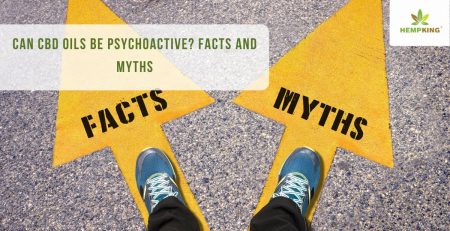
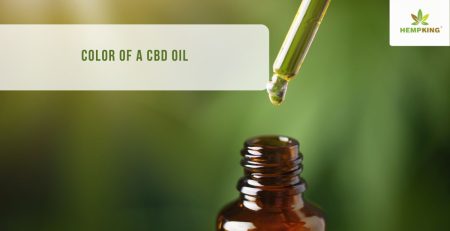
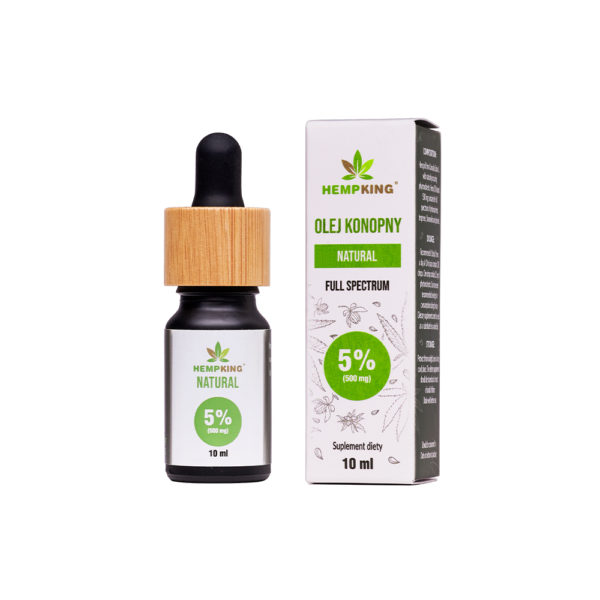
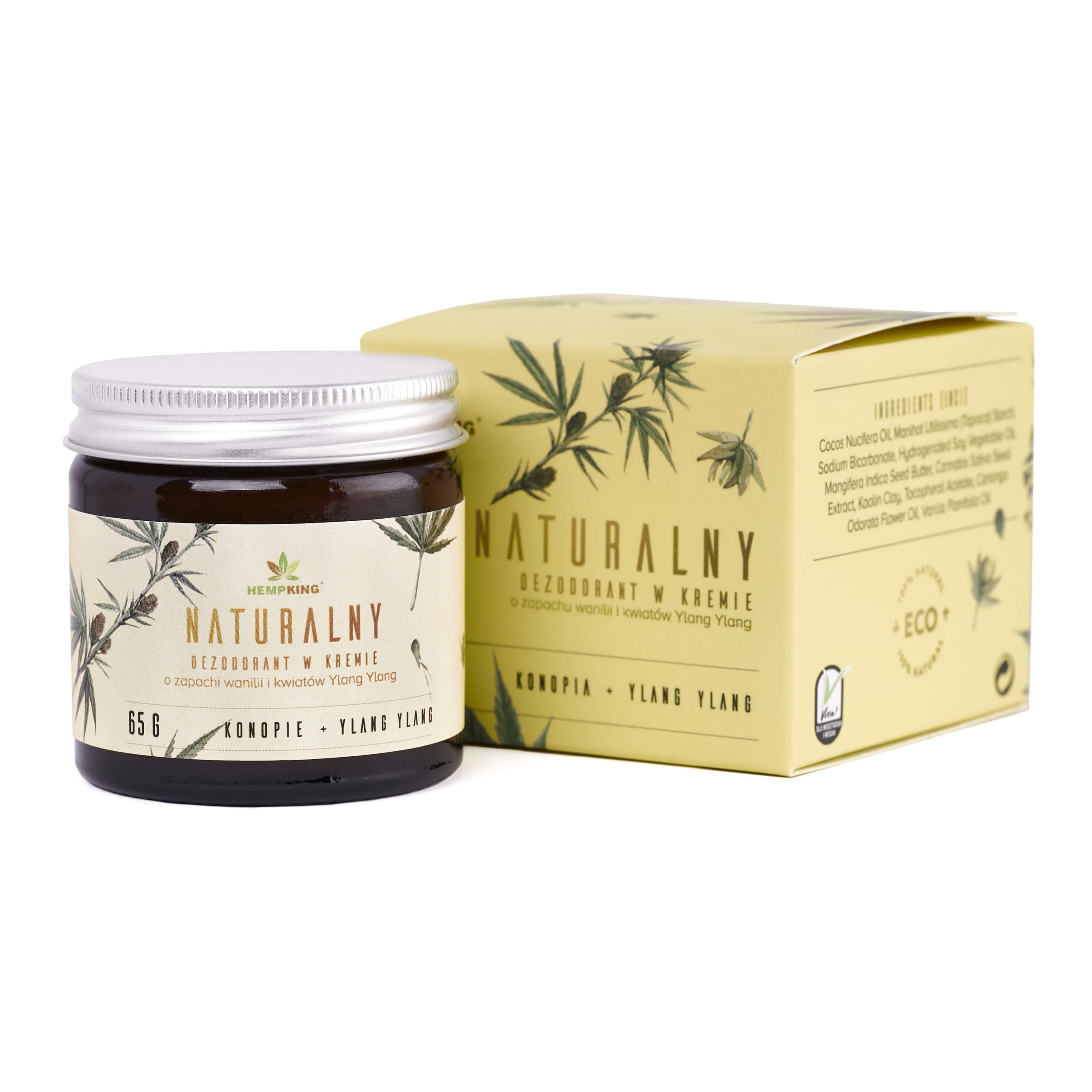
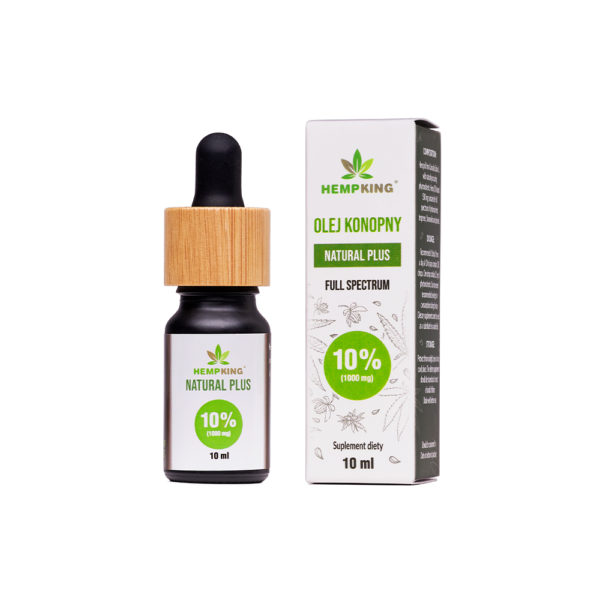
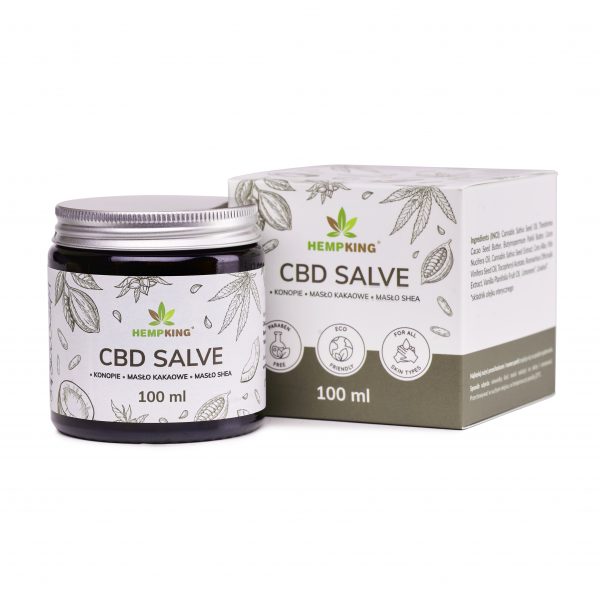
 Facebook
Facebook Instagram
Instagram

Leave a Reply